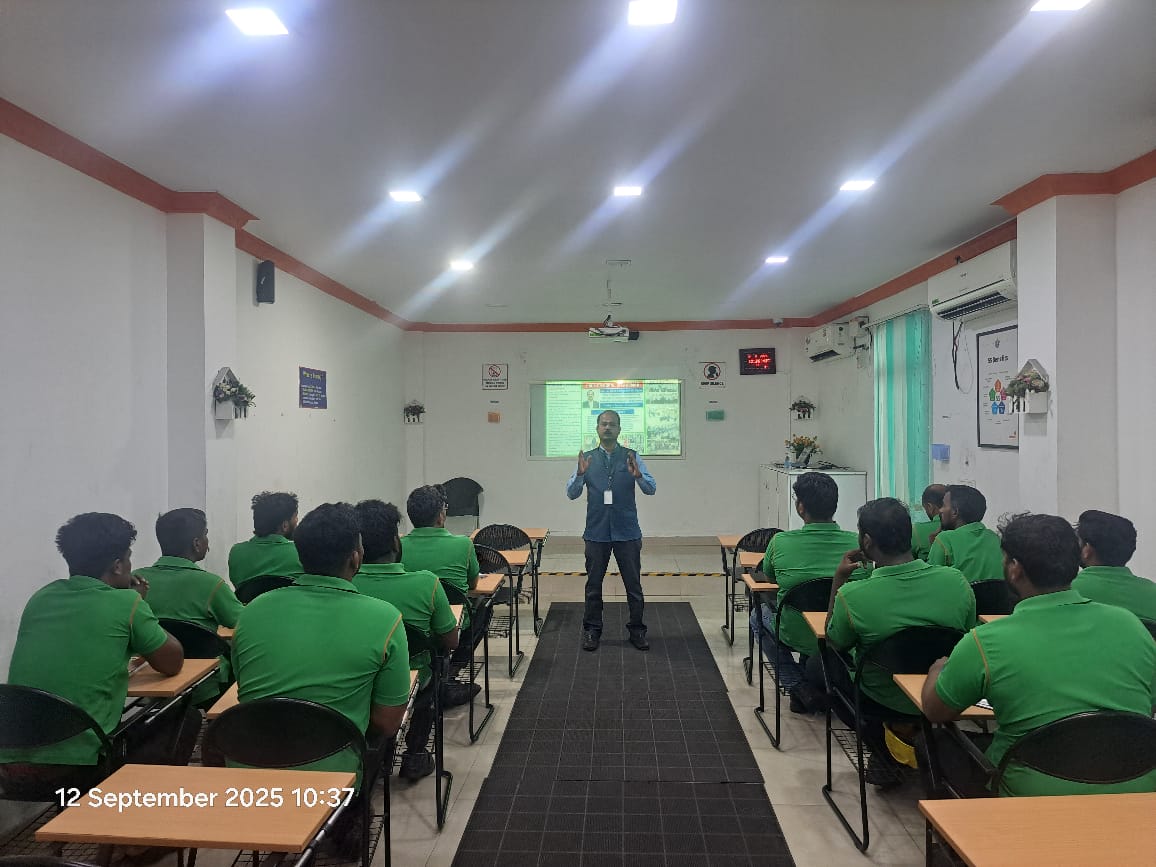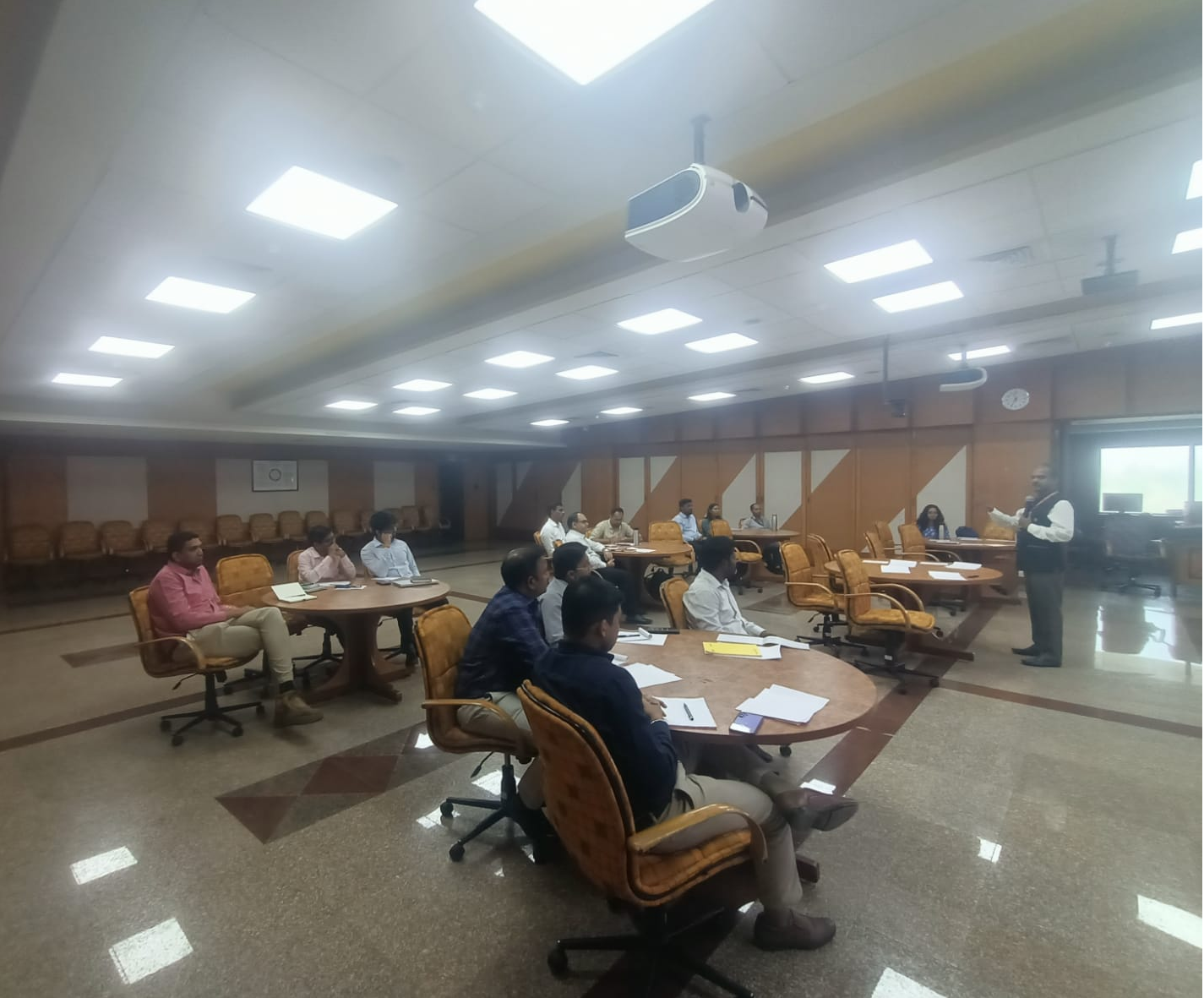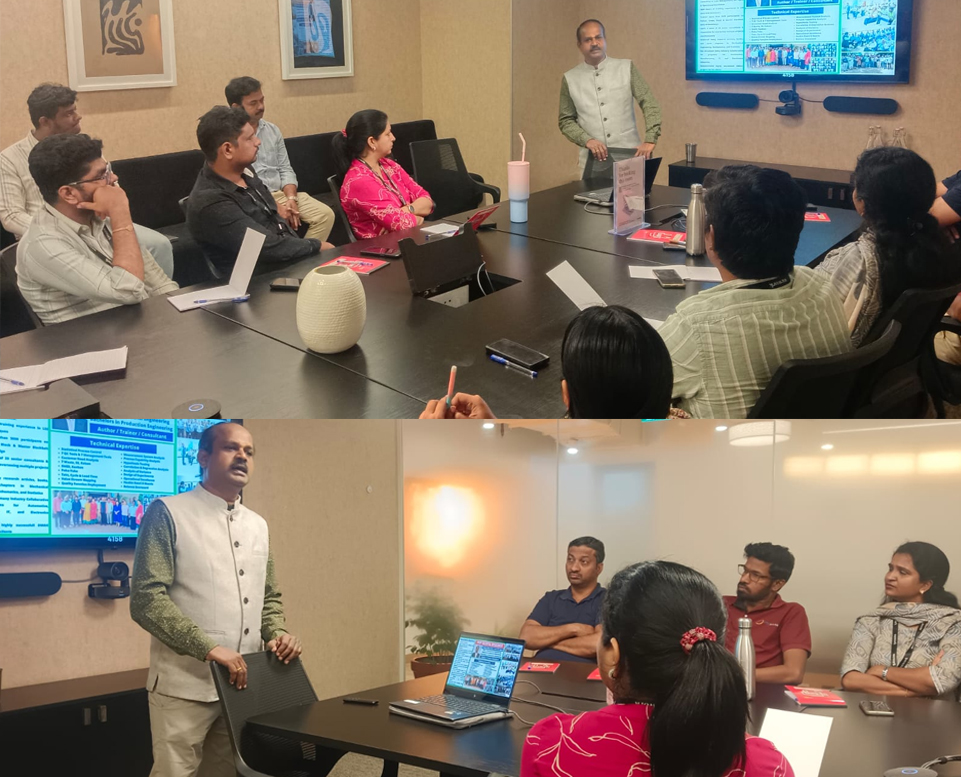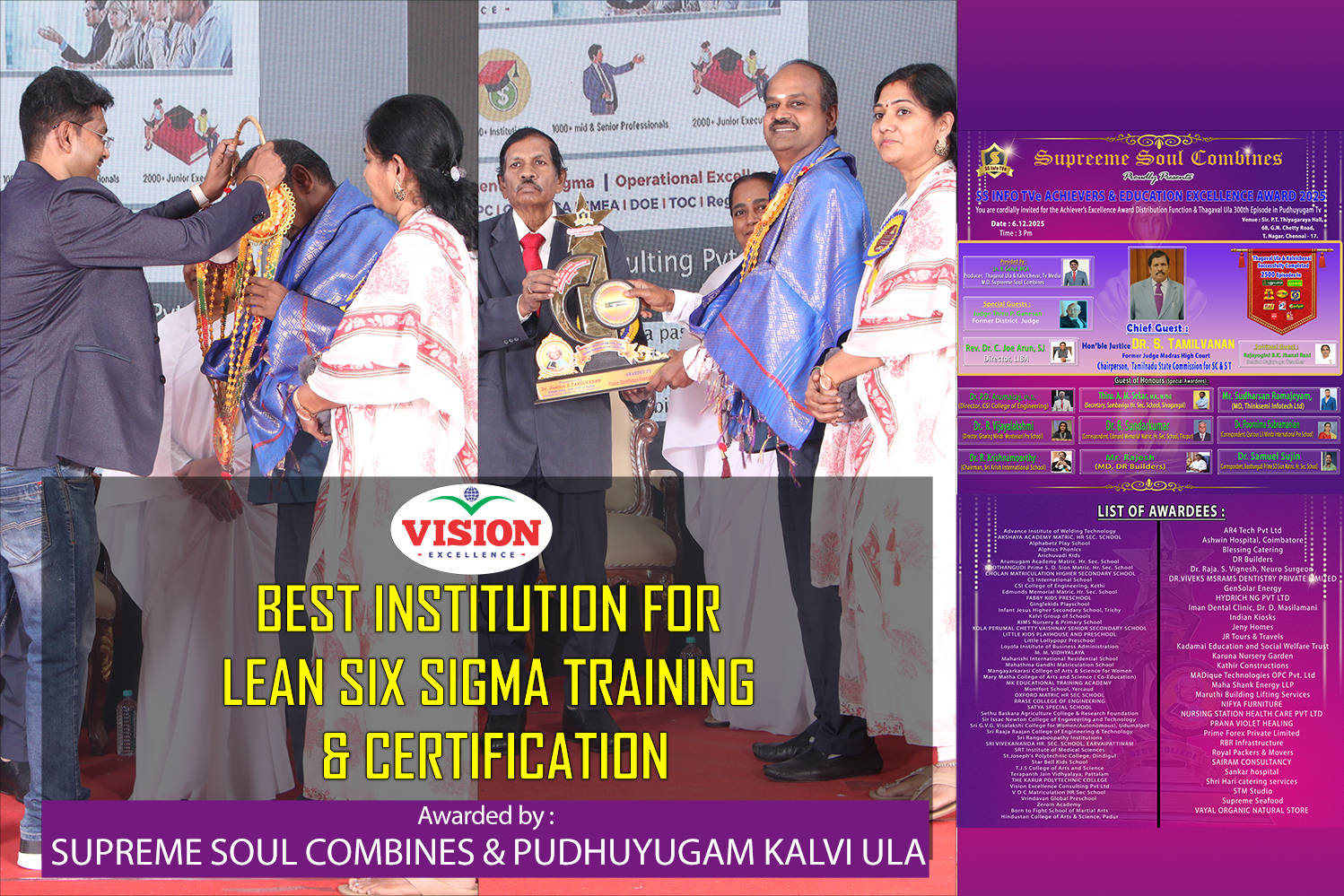Table of Contents
ToggleLayered Process Audit (LPA) Inhouse Training by Dr. GSK at JACOBI Group, Tirunelveli
Empowering teams to drive quality excellence through structured audits and sustainable improvements.

Introduction
The Jacobi Group, Tirunelveli, recently hosted a comprehensive inhouse training program on
Layered Process Audit (LPA), conducted by the renowned trainer
Dr. Gopal Sivakumar (Dr. GSK). This initiative reflects Jacobi Group’s
commitment to strengthening their process quality systems and empowering teams to adopt
best practices in operational excellence.
What is Layered Process Audit (LPA)?
Layered Process Audit (LPA) is a structured auditing technique that ensures processes are
consistently followed on the shop floor. Unlike conventional audits, LPAs are conducted
by different layers of the organization, from operators and supervisors to managers and
senior leadership. This layered approach fosters accountability, transparency, and
long-term adherence to quality standards.
Importance of LPA
- Improves process discipline and ensures standards are consistently followed.
- Identifies deviations early before they lead to quality issues or customer complaints.
- Engages leadership in quality practices at every level of the organization.
- Builds a culture of accountability, teamwork, and continuous improvement.
- Strengthens customer confidence by demonstrating robust process control.
How LPA Works
The methodology of LPA is simple yet powerful:
- Layered Audits: Each level of management conducts quick, structured checks on defined processes.
- Standardized Checklists: Consistent, focused questions ensure critical processes are verified daily.
- Escalation & Action: Deviations are documented, corrective actions are implemented, and feedback loops are closed.
- Review & Sustain: Leaders regularly review audit results to sustain improvements and drive accountability.
Methodologies Used in LPA
During the training, Dr. GSK emphasized practical approaches to strengthen the LPA system:
- Structured audit planning and scheduling.
- Use of effective audit checklists tailored to Jacobi’s processes.
- Root cause analysis for recurring issues.
- Visual management and real-time reporting methods.
- Role-based responsibilities for operators, supervisors, and managers.
Why LPA is Important for JACOBI Group
For Jacobi Group, maintaining high-quality standards is essential in delivering
world-class products to customers worldwide. LPA helps:
- Ensure consistent adherence to process requirements.
- Reduce the chances of defects and rework in production.
- Build a proactive quality culture rather than reactive problem solving.
- Strengthen compliance with global customer and industry standards.
Highlights of the Training
- Interactive sessions led by Dr. Gopal Sivakumar with real-world examples.
- Hands-on exercises on preparing and using audit checklists.
- Case studies from manufacturing industries to reinforce learning.
- Role-play activities to simulate layered audit scenarios.
- Action plans created by participants to implement LPA effectively at Jacobi Group.
Conclusion
The LPA inhouse training at Jacobi Group was a significant step toward
reinforcing process excellence and quality culture within the organization. With the
guidance of Dr. GSK, employees gained actionable insights and practical
methodologies to implement LPAs effectively. This training will undoubtedly help
Jacobi Group achieve higher standards of operational discipline, customer satisfaction,
and continuous improvement.
Excellence in Quality Begins with Consistency – Layered Process Audits Make It Possible!
Want similar training for your organization?
Contact us at info@visionexcellence.in






